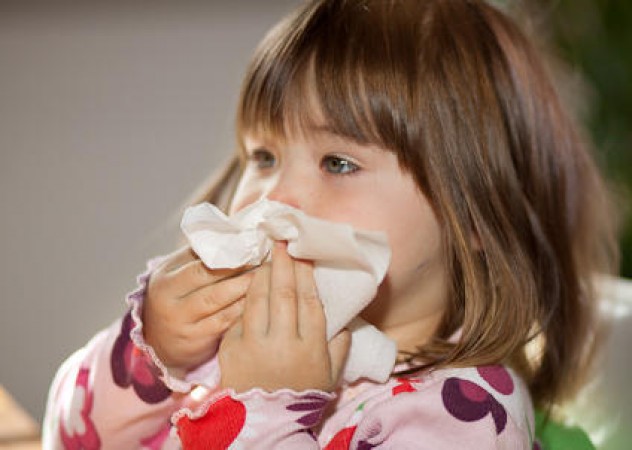
Dengue fever, a mosquito-borne viral illness, can often mimic the symptoms of common illnesses like fever, cough, and cold. So, when should you consider getting tested for dengue? Let's dive into the details.
Dengue symptoms can vary, but they typically include:
Dengue symptoms can overlap with symptoms of a common cold or flu. This often leads to confusion. So, how can you differentiate?
While dengue symptoms can be similar to a cold or flu, there are specific signs that should prompt you to seek testing:
If you have a high fever persisting for more than two days, especially in dengue-prone areas, consider testing.
Dengue can cause severe abdominal pain, which is not a common cold symptom.
Continuous vomiting should raise concerns and prompt testing.
Unusual bleeding or easy bruising, such as nosebleeds or gum bleeding, is a potential dengue symptom.
Dengue can lead to a rapid decrease in platelet count. A blood test can confirm this.
If you've recently traveled to an area with a known dengue outbreak, be vigilant about your health.
If you experience any of these symptoms or have concerns, it's crucial to consult a healthcare provider promptly. They can recommend the appropriate tests and provide guidance on managing your condition.
Preventing dengue is as important as knowing when to get tested. Here are some preventive measures:
Use mosquito repellent, especially during dawn and dusk when dengue-carrying mosquitoes are most active.
Remove stagnant water sources around your home to prevent mosquito breeding.
Wear long-sleeved shirts and pants to reduce mosquito exposure.
Use screens on doors and windows to keep mosquitoes out. Distinguishing dengue from common illnesses like cold or flu can be challenging due to overlapping symptoms. However, if you experience a prolonged high fever, severe abdominal pain, persistent vomiting, bleeding, or a rapid drop in platelet count, it's essential to consider dengue testing. Prevention through mosquito control remains the best strategy to combat this potentially serious illness.